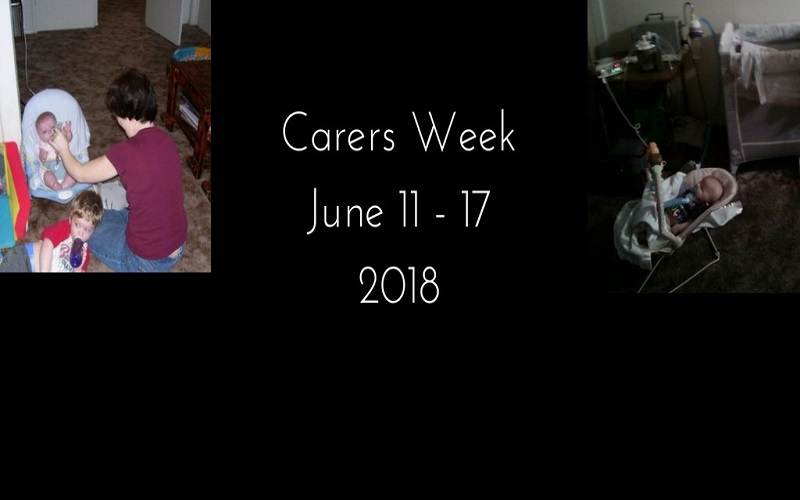Today, I am indeed a working mother.
My job is a pretty involved one.
I spend a lot of time on the phone scheduling appointments and dealing with insurance issues.
I administer medication several times a day and perform routine medical care. I am constantly on call in case of a medical or behavioral emergency.
I can also multi-task like nobody’s business, and I work well under stress.
I am a working mother, but not in the way most people would imagine. I am a carer- for my own children.
It sounds odd, doesn’t it? How can a parent be a carer (or caregiver as we are commonly referred to in the United States)?
Aren’t we supposed to take care of our children regardless of their condition? There isn’t a simple answer when it comes to having a child with special needs.
When you are a parent of a medically fragile child or any child with special needs, you cease to be just their parent anymore.
The role expands to include care you wouldn’t normally provide if the child was developing typically.
For our family, it meant a lot of medical duties. Tube feeding for my daughter, and then when my youngest son came along a few years later, more tube feeding and a whole lot of tracheostomy care.
It also meant giving up one income because one of us; either my husband or myself, has to be home with the kids at all times.
When my eleven-year-old daughter Lilly was an infant, there was no daycare that would accept her with all her medical needs. I had no choice – I had to quit working to care for her.
Even if I could have put her in daycare, I probably would have been the worst employee ever; having to take time off several days a week for all of her medical and early intervention therapy appointments.
Here in California, we are fortunate enough to have In-Home Support Services, which will pay a parent to be a carer/ care provider.
To determine eligibility, the child will be evaluated and assessed by social workers and physicians. If they qualify, a certain number of billable hours are allotted to them depending on their needs.
The child must meet strict medical criteria, and the family must have no able and available caregivers locally.
In a two-parent household, one of the parents must be working or in school full time, and the other unable to work because the child requires a certain level of care.
The hourly wage is minimal, considering that many of us do the work of trained nurses, but I am grateful for the program. It has allowed us to stay afloat financially.
Being a carer for anyone, much less my own children, would not have been my first choice of occupation.
It’s hard, messy work; it goes way beyond the typical messes of childhood. It can be physically and emotionally draining.
It may not have been my first choice, but I honestly wouldn’t have it any other way now. It has allowed me to bond with my children in a way I never imagined.
It has given me a new perspective and taught me that patience and perseverance pay off. I’ve also learned that it is impossible to compartmentalize my life into labels of “parent” or “carer.”
